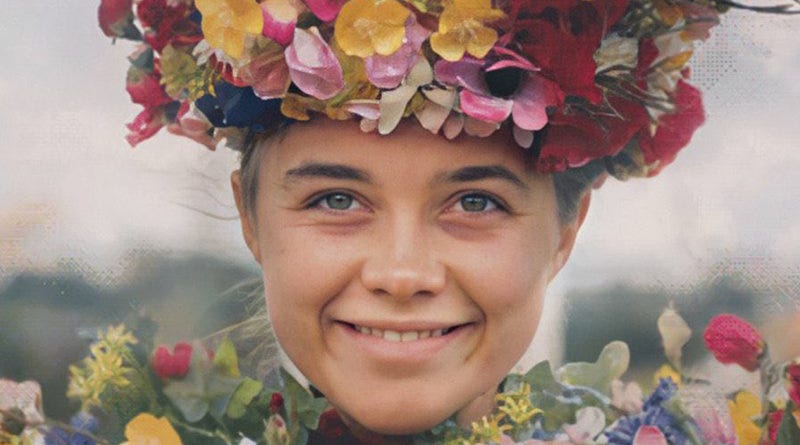In November, I explored the Japanese philosophy of Wabi-Sabi, which posits that true beauty emerges only through an acceptance of life's impermanence and imperfections. I wrote, “Following the messy, imperfect nature of life means embracing yourself in totality.” At the time, I grappled with the less favorable aspects of my personality, yearning to transcend self-judgment and attain a more profound connection to beauty—that is, to the unvarnished essence of life itself. Upon deeper reflection, I have come to realize that what I was truly contemplating was the concept of the human soul.
To uncover one’s soul is to bravely strip away the layers of social conditioning, to reintegrate the suppressed dimensions of the self, and to exist in unflinching harmony with one's intrinsic nature. We are each endowed with an ineffable uniqueness, yet we expend immense energy policing ourselves, sculpting our personalities into diminished versions of their true potential in an effort to shield ourselves from fear.
Throughout history, diverse cultures have conceptualized the soul in myriad ways. In ancient Mesopotamian and Egyptian traditions, life was animated by a vital essence; the Egyptians, for instance, distinguished between the ka (life force) and the ba (personality), both of which were deemed essential for existence and the afterlife. Later, Plato envisioned the soul as immortal and partitioned into three faculties: the rational, the spirited, and the appetitive. This tripartite model laid the foundation for later dualistic interpretations, which suggest that the soul exists independently of the body. While some continue to view the soul as a transcendent and eternal entity, modern perspectives frame it in terms of neural networks, personal identity, and subjective experience.
When I contemplate the soul, I envision the complete absence of fear. Fear is the invisible architect of our constructed identities; without it, we would be liberated to inhabit our truest selves. How many of our actions are dictated by fear? Who might we become if fear ceased to constrain us?
The Enneagram suggests that fear is the fundamental force behind our fabricated personalities. Each type unconsciously organizes its existence around the avoidance of a core fear: the fear of being morally flawed (Type One), unloved (Type Two), worthless (Type Three), without identity (Type Four), incompetent (Type Five), unsupported (Type Six), trapped (Type Seven), controlled (Type Eight), or lost (Type Nine). These fears are so deeply ingrained that they obscure our authentic selves, compelling us to adopt defensive postures that distance us from our innate essence.
A similar framework exists in astrology, where the North Node signifies the fears we are destined to confront throughout our lives. Each sign is preoccupied with a particular existential anxiety: Aries dreads injustice, Taurus fears a lack of stability, Gemini wrestles with uncertainty, Cancer clings to control, Leo dreads exclusion, Virgo abhors helplessness, Libra resists dependency, Scorpio recoils from vulnerability, Sagittarius fears incompetence, Capricorn grapples with loss, Aquarius fears disapproval, and Pisces is haunted by disorder. Over time, our responses to these fears become inextricable from our identities, shaping our lived experiences in profound ways.
In Ari Aster’s Midsommar, we follow the transformative journey of the protagonist, Dani. After witnessing her boyfriend's betrayal in the midst of the Hårga cult’s rituals, she instinctively retreats, attempting to suppress her anguish. The women of the community surround her, mirroring her sobs and panic until their collective wails dissolve into an unrestrained catharsis. This moment is a stark contrast to Dani's previous attempts at emotional suppression—stifling her cries, hiding her sadness, and feigning composure. In the film’s climactic sequence, she relinquishes control, surrendering fully to her emotions within a community that embraces uninhibited expression. Despite the tragedies she has endured, she is, at last, free.
Though Midsommar presents an extreme case, its message resonates on a universal level. It is, ultimately, a meditation on catharsis and the futility of resisting one's internal truth. Just as there is no peace in repression, there is no beauty in artifice. Our constructed personalities, driven by fear, estrange us from the depth of our own existence. To live authentically, we must reclaim the parts of ourselves that we have buried, dissolving the barriers of fear that separate us from our true essence. Only then can we experience the unvarnished beauty of life—not as a projection of what we believe we should be, but as a fearless embodiment of who we truly are.
Thanks for reading!






Effie, this was absolutely fantastic to read! Jam packed with so much delicious information and heart led feeling. Thank you for writing this.